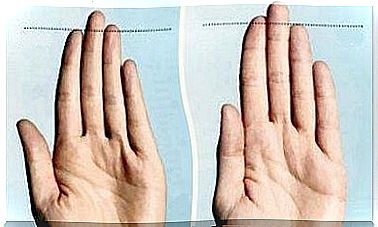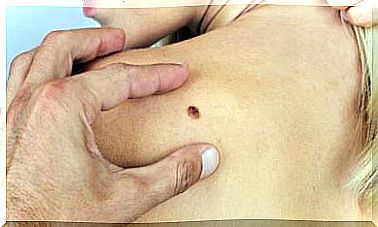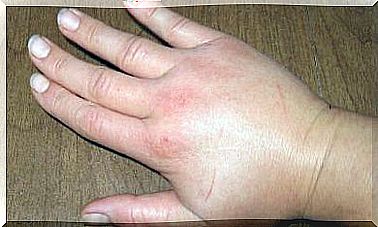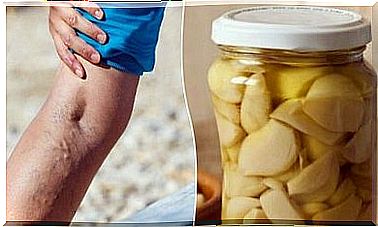Causes Of Sharp Chest Pain
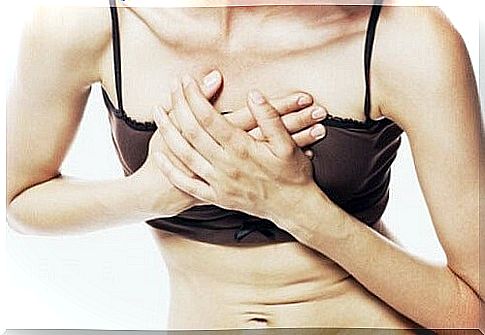
Maybe at some point you felt a sharp pain in your chest while breathing normally. It’s like thousands of needles that sting your chest and keep you from breathing. What is the cause of this symptom? Can it be a sign of a serious condition? First of all, try to calm down and observe the evolution of the pain and how it changes. Most often, these alarming pains are caused by stress or anxiety. Find out more about the causes of these pains below.
Sharp pain in the chest, like a dagger stuck in the heart

Many people describe these pains as small stings, as an unexpected injection, directly into the heart, which does not allow us to breathe. This, in fact, is a very common phenomenon that many people go through at some point. Even if it happens often, it does not mean that it should be ignored. If you go through such situations, in general, specialists can recommend the following:
- Sit comfortably for a few minutes and try to calm down.
- Keep in mind that the pain will pass in a few moments.
- Relax and try to breathe calmly and easily, inhale through your nose and exhale through your mouth.
- Measure your pulse, if you can. If you notice that it has a high value and is accompanied by rapid breathing and pain that extends to the arm or neck, consult your doctor immediately. However, almost 70% of such cases are caused by anxiety or stress.
The first cause: anxiety or stress

Stress and anxiety are the main causes and should not be ignored. If you have sharp chest pain, it may be a sign of a serious condition. In fact, the symptoms of stress and anxiety do not always manifest during a stressful situation. It can happen that you work in an environment with a lot of stress and anxiety and that the day passes without problems, but these symptoms can manifest when you get home. The moment you are at home, your head starts to ache, your dizziness gets worse and worse, the symptoms can reappear the next morning, while you are preparing to go to work.
Experts believe that most cases of myocardial infarction or other heart problems occur during the holidays or on weekends. These are the moments when we relax, but our body cannot adapt yet. The level of cortisol in the body is very high, and these symptoms of sharp chest pain may recur during those periods.
It can happen even while dining with your family, watching TV or talking on the phone. Suddenly you feel that you can no longer breathe.
Here are some of the most common causes of these sharp chest pains:
- Muscle tension: This tension is so high that it becomes a problem and suddenly we can not breathe normally.
- Vegetative hyperactivity: It is manifested by symptoms of dizziness, rapid heart rhythm, sweating, tachypnea characterized by intense and rapid breathing that can cause sharp pain in the chest.
What can we do to help improve our symptoms?
First, you need to try to calm down and start breathing deeply with an abdominal breath. This way, your lungs will fill with air and you will start to relax. Here are the steps you need to follow:
- Sit comfortably.
- Put a hand on your abdomen, just above your navel.
- Inhale slowly through your nose. Notice the movement of the hand as the abdomen rises.
- Hold your breath for 2 seconds.
- Squeeze your lips like when you want to blow out a candle.
- Exhale, let the air out easily for four seconds.
The second cause: a heart problem
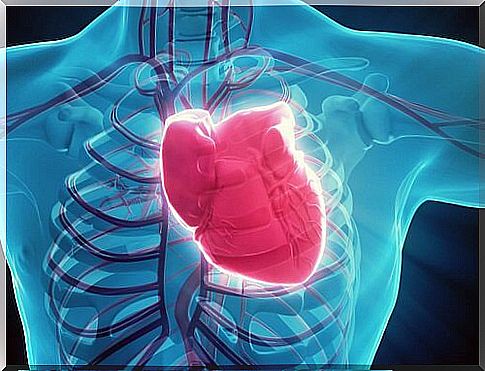
There are several risk factors to consider:
- Most heart problems usually develop around the age of 50-55.
- Previous symptoms: high blood pressure, high cholesterol, family history of cardiovascular problems.
The first thing you need to do when you feel a sharp pain in your chest is to sit down and follow these tips:
- Try to calm down and breathe as described above.
- How is the pulse? Is it accelerated? Do you have irregular beats, for a short time beats faster, then slower?
- If after 5 minutes, the pain does not improve, or if it becomes more intense, consult a doctor immediately.
- Also call an ambulance immediately if you feel pain extending to your neck, jaw or arms.
- Do the same if you feel pain accompanied by a tightness in the chest that prevents you from breathing.
It is very important not to let the first symptoms worsen and especially not to wait until your condition worsens. Anxiety is the most likely cause of these pains, but they should not be ignored, as they can signal very serious conditions. Pay more attention to your health, because you deserve it!
